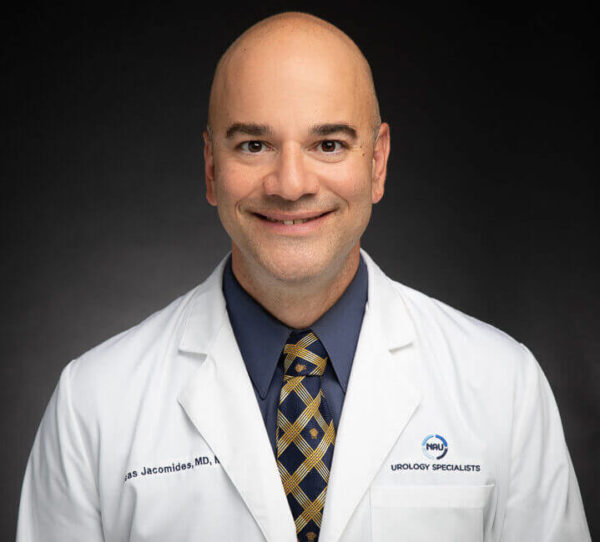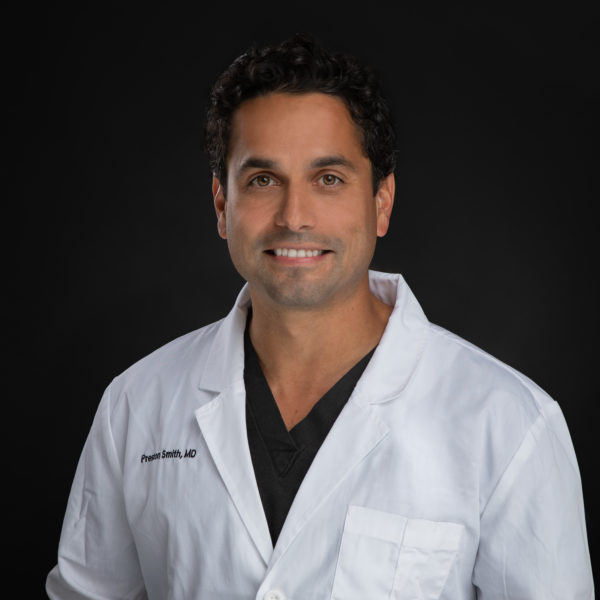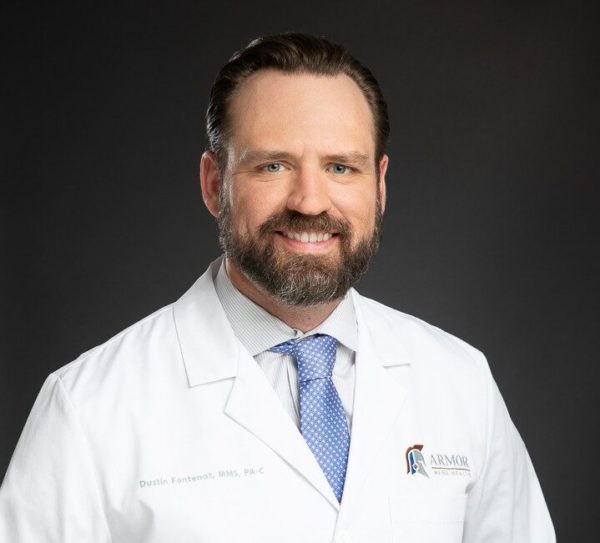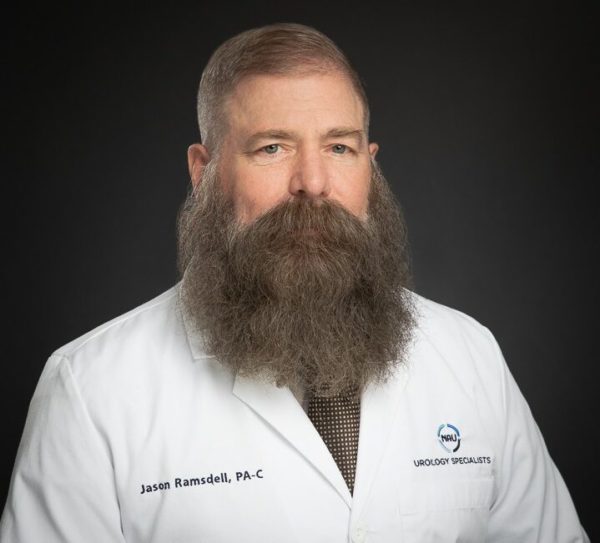
The relationship between testosterone and prostate cancer is complex and often misunderstood. For many men, this topic raises concerns and difficult questions. Men might be experiencing symptoms of low testosterone but fear that testosterone therapy could increase their risk of prostate cancer or worsen existing disease.
This article will shed light on the nuanced relationship between testosterone and prostate cancer, drawing on up-to-date research and clinical experience. It aims to provide you with information to help you make informed decisions about your health.
Understanding the Androgen Hypothesis
The “androgen hypothesis” states that prostate cancer cells rely on androgens like testosterone to grow. This theory stems from groundbreaking work done in the 1940s. The research showed that castrating men with metastatic prostate cancer, which dramatically lowers serum testosterone levels, could slow cancer growth.
This discovery revolutionized prostate cancer treatment and led to the widespread use of androgen deprivation therapy (ADT). While the androgen hypothesis forms the basis of ADT’s effectiveness, it’s essential to remember this is a simplified view of a complicated process. Over the years, research has shown that the relationship between testosterone and prostate cancer is far from straightforward.
Testosterone’s Paradoxical Role in Prostate Health
The relationship between testosterone and prostate cancer is not simply a case of “testosterone is bad.” Some research indicates that LOW testosterone might be linked to an increased risk of developing prostate cancer or even make existing cancer more aggressive.
A study published in the JAMA Network conducted a randomized clinical trial on 14, 304 person-years of follow-up of 5204 men (aged 45-80 years) with hypogonadism. They found that incidences of high-grade or any prostate cancer, acute urinary retention, invasive surgical procedures, and new pharmacologic treatment were low and did not differ significantly between groups. This study emphasizes the various and often contradictory studies on this topic.
One way to conceptualize this is to imagine a buffet. Just because an abundance of food is available doesn’t mean you’ll consume everything. Similarly, prostate cancer, even if it uses testosterone for growth, doesn’t become endlessly more aggressive with higher testosterone. The cells have a low “saturation point” beyond which additional testosterone has minimal impact on their growth.
Testosterone Replacement Therapy: Weighing the Risks and Benefits
Given the complexities of this topic, it’s no surprise that many men and some medical professionals are wary of testosterone replacement therapy (TRT), especially for patients diagnosed with prostate cancer. However, blanket statements about TRT’s dangers are not particularly helpful and may prevent men from exploring an option that could significantly improve their quality of life.
It’s crucial for men to be aware of the potential risks associated with low testosterone, These symptoms include fatigue, low sex drive, erectile dysfunction, and loss of muscle mass. Many men find these symptoms debilitating and understandably may want to consider the potential benefits of TRT. Men with benign prostatic hypertrophy may also be concerned about the relationship between testosterone and prostate health.
Shared Decision-Making with Your Doctor
Navigating this complex landscape of testosterone and prostate cancer requires open and honest communication with your healthcare provider, ideally a qualified urologist. It’s essential to remember that every individual is different, and there’s no one-size-fits-all approach. This is where shared decision-making becomes crucial.
Shared decision-making means being actively involved in the decisions about your own healthcare. You should be informed about potential benefits, risks, and alternatives. Your values and preferences should be considered alongside the medical evidence.
This approach ensures you receive treatment tailored to your unique situation and needs. This is especially important for hypogonadal men considering TRT. The goal is to help you maintain adequate serum testosterone levels while mitigating any potential prostate cancer risk.
A Comprehensive Approach
Managing the complex relationship between testosterone and prostate cancer goes beyond simply checking hormone levels and prescribing medication. When treating men with concerns about testosterone and prostate health, a holistic perspective is important.
| Element | Description |
|---|---|
| Open Communication | We prioritize active listening and strive to understand your concerns, symptoms, and lifestyle factors fully. |
| Personalized Evaluation | Your treatment plan is not based on algorithms but rather on a nuanced evaluation of your needs, preferences, and risk factors. |
| Comprehensive Care Network | We believe in a collaborative care approach. If needed, we can refer you to other specialists who can provide further support and expertise. |
Seeking a Second Opinion
Getting a second opinion is always advisable when facing critical health decisions, especially when dealing with complex issues, such as testosterone and prostate cancer. Remember, it’s your health and your body.
You have the right to seek different perspectives and expert opinions to make an informed decision that aligns with your values and preferences. This is particularly important for men with a family history of prostate cancer or those who have had a prostate biopsy.
Conclusion
Understanding the connection between testosterone and prostate cancer is not a simple task. It demands thoughtful consideration of research, honest communication with healthcare professionals, and active participation in your healthcare.
Ultimately, achieving optimal health outcomes depends on working together to make the best decisions for your unique needs and situation. This includes discussing the potential benefits and risks of TRT, especially for men experiencing symptomatic hypogonadism.
Take control of your urological health. Schedule a consultation with our expert team at Urology Specialists of Austin. Call to book your appointment today!














